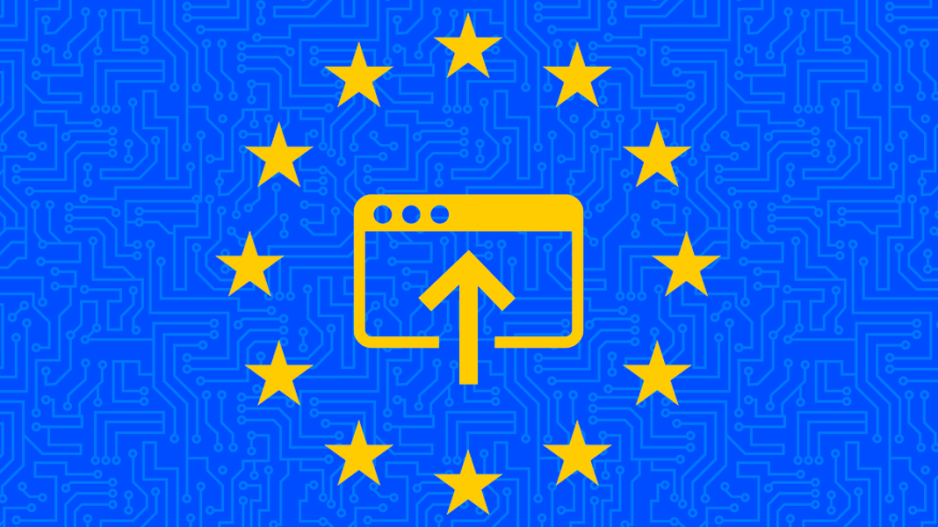New EU Digital Services Act Takes Effect, Holds Major Online Platforms Accountable for Content
Focus on User Safety and Content Management
As of the end of August, major online platforms now face potential fines and sanctions under the newly implemented European Union Digital Services Act (DSA). According to an EU official who briefed journalists, the DSA aims to make online platforms legally responsible for user-generated content while enhancing consumer rights and safety.
The DSA was rolled out for the 19 largest online platforms and search engines, as identified by the European Commission in April 2023. This list includes social media giants like Facebook, TikTok, and Instagram, online marketplaces such as Amazon Marketplace, as well as other platforms like Google Maps and Wikipedia.
The DSA's primary goal is to empower and protect users, including minors. It mandates that designated agencies regularly assess and mitigate risks associated with illegal content online. Platforms are required to implement robust tools to deal with such content effectively.
Adopted in December 2020 alongside the Digital Markets Act (DMA), the DSA forms a key part of the Commission's digital legislation strategy. The EU official noted that the law was proposed to balance the significant benefits that online platforms offer against the inherent risks, such as the spread of illegal content and dangerous products.
One of the standout features of the DSA is the harmonization of digital service regulations across all EU member states. "No longer will there be differing rules depending on where a consumer resides in the EU; everyone will enjoy the same online rights," the EU source said.

The European Commission will take on the role of regulator for these large platforms, wielding broad investigative and supervisory powers. This includes the ability to impose fines and sanctions for non-compliance.
Platforms have been given a four-month window to fulfill their obligations under the DSA, which include submitting the first annual risk assessment to the Commission. Additionally, they must update their terms of service and enhance protections for minors.
For platforms with fewer than 45 million users in the EU, national digital service coordinators in each member state will assume the supervisory role. These coordinators must be appointed by February 17, 2024, when smaller platforms will also need to be fully compliant with the DSA.
Reiterating the overarching goal, the EU source emphasized that the DSA aims to create a safer online environment, protecting the fundamental rights of all digital service users, while also leveling the playing field for businesses across the European Union.






